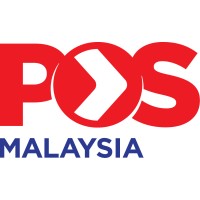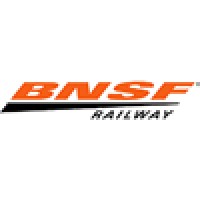
Pos Malaysia Berhad
Pos Malaysia Berhad [199101019653 (229990-M)] is the national postal and parcel service provider and sole licensee for universal postal services in Malaysia. With a history of over 200 years, the company has diversified beyond the traditional provision of mail and parcel delivery to also offer retail, logistics, and aviation products and services. It has also pivoted from a mail company that also delivers parcels, to a parcel delivery company that also delivers mail. Pos Malaysia has the most extensive last-mile reach, delivering to more than 11 million addresses nationwide. It also has a network of more than 3,800 touchpoints with presence across the country providing Malaysians the most comprehensive retail network. Pos Malaysia is majority-owned by conglomerate DRB-HICOM Berhad.






